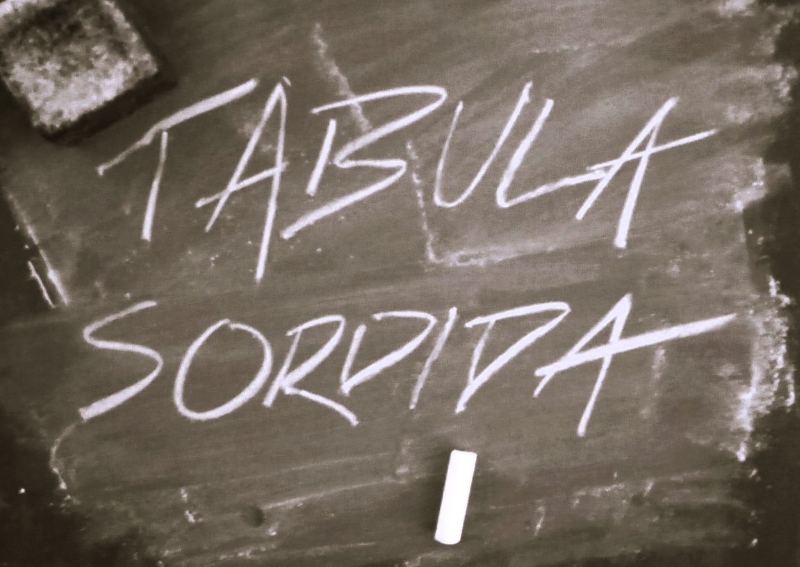The new D&D Starter Set is due to be released soon, so I thought it would be fun to do a thought experiment that goes like this:
If the Holmes Basic Box set were released today via Kickstarter, the might be some different pledge levels. Using an inflation calculator, I also figured out what the prices would be in 2025 dollars.
I found the original 1977-1980 prices for the components of the Holmes Basic Set released in 1977. I also included listings and prices for many of other accessories that were released during that time. I imagined they could have been offered as 'add-ons' or 'stretch goals' so I included them too.
At various time, the components of the Box set differed, but typically consisted of dice, the rulebook and accessories. At first, the accessories were the Set 1 Geomorphs and Monster & Treasure Assortment Set, Set One (Lvl 1-3). They were later replaced with either module B1 or B2. Of course, there was the infamous time when the boxes only contained chits, not dice, but since you could send away for them later, it's like you got an exclusive bonus set of dice.
The first column shows the price for the basic TSR catalog, which you had to pay for!
I could not find the price for B2 Keep of the Borderlands as a solo book, so I gave it the same price as B1.
I could not find the price for a stand-alone standard set of polyhedral dice, so I chose 3 bucks to nicely round out some package prices . If you find the MSRP for D&D dice between 1977 and 1980, please let me know!
The Holmes Basic Box started out at $9.50 but from 70's inflation and standard pricing schemes, it was increased to $9.95. For math's sake, I set the price to 10 bucks for the Basic column.
The Copper Package lists the components totaled as add-ons for a total of $13.50.
The Silver Package includes BOTH modules, the dice, one set of Geomorphs and the Monster and Treasure Sets, and a pad of character sheets, all totaled a la carte for a total of $27.00.
For funsies, I added ALL of the accessory sets for which I found prices for the Gold Tier Package for a total of $40.50.
The spreadsheet math is below. The last line of totals shows the prices in 2025 dollars.
Annual inflation over this period was 3.58%.
- A Quick-Start Guide
- 1 play guide and 3 adventure booklets for Dungeon Masters
- 4 D&D classes for players to choose from: Cleric, Rogue, Wizard, and Fighter
- 200+ game cards for backgrounds, species, spells, equipment, magic items, monsters, NPCs, and more
- 18 maps for the Caves of Chaos Valley, the Keep on the Borderlands and the Wilderness
- 200+ tokens, including resources, monsters and terrain
- A Combat Tracker that teaches new Dungeon Masters how to track initiative effectively
- A set of 11 dice
